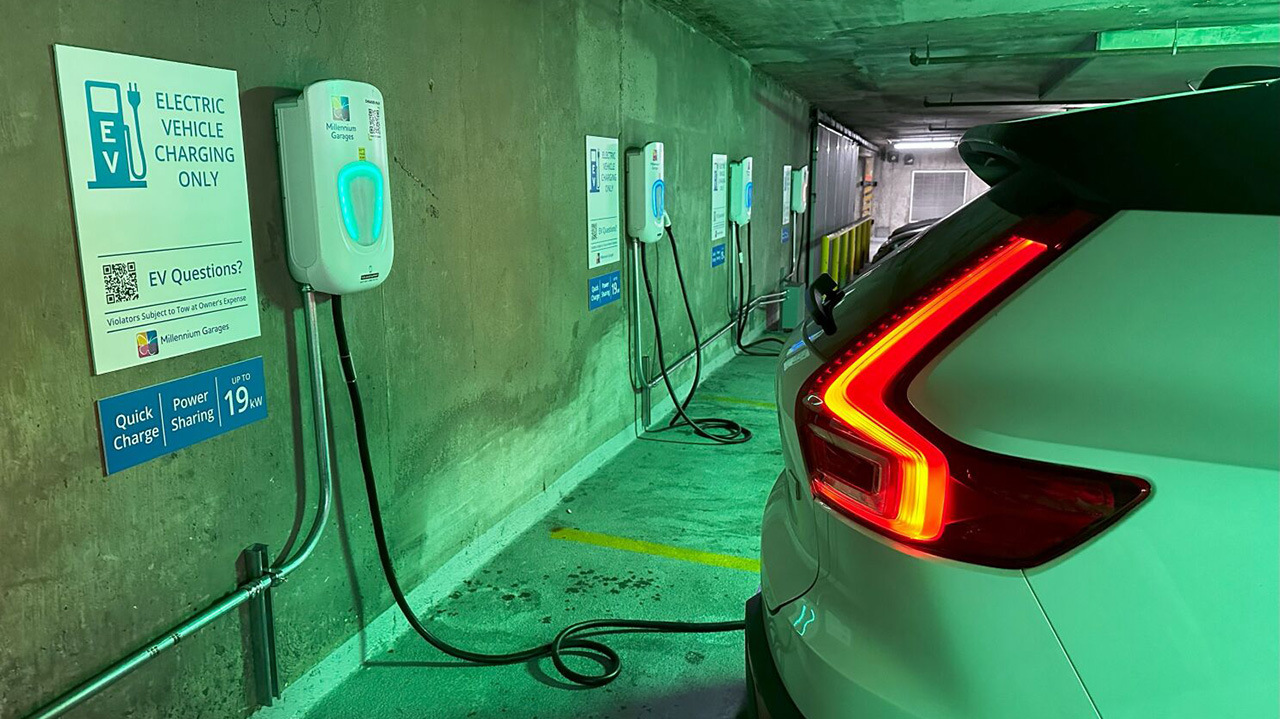The study, dubbed the American Perspective Survey, involved 1,500 participants from across the United States including major cities like Atlanta, Boston, Chicago, New York, and San Francisco. It highlights significant preferences for vehicle types and concerns about EV affordability and charging infrastructure.
The findings of the survey show a clear trend in vehicle preference. While only 20% of respondents would choose electric vehicles, 38% showed a preference for combustion cars. Hybrids were favored by 34% of the nationwide participants, with this preference rising to 43% on the West Coast. These statistics underline a continuing reliance on traditional automotive technologies even as the global auto industry moves toward electrification.
Charging time remains a critical concern among potential EV consumers. About 60% of those surveyed expressed a desire for electric vehicle batteries that can charge in 20 minutes or less. However, current fast-charging models like Hyundai's Ioniq 6 require ideal conditions to achieve an 18-minute charge time from 10 to 80%, which is not always feasible in everyday scenarios.
Cost concerns significantly influence American preferences regarding electric vehicles. The survey underscored a lack of affordable EV options domestically; finding sub-$20,000 models soon is considered unlikely by experts. In contrast, China’s automotive market includes EVs priced under $10,000 such as BYD Seagull.
Further comparative surveys suggested more Americans would consider purchasing EVs if more affordable options were available—even those sourced from international markets like China. This indicates a pivotal role affordability plays in consumer choice within the automotive market.
Source: KPMG

